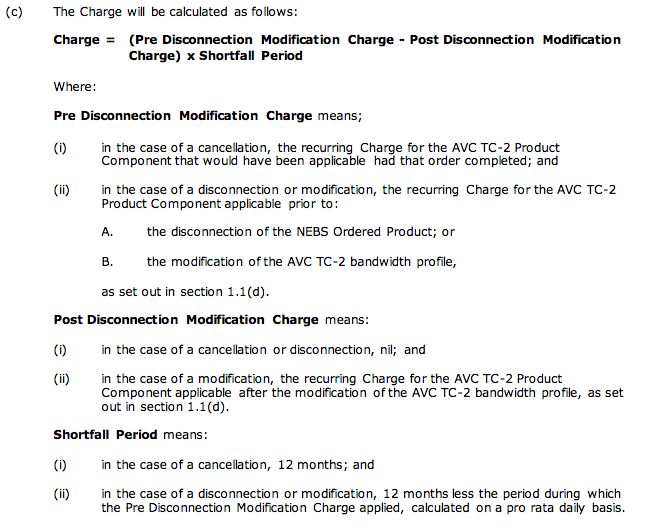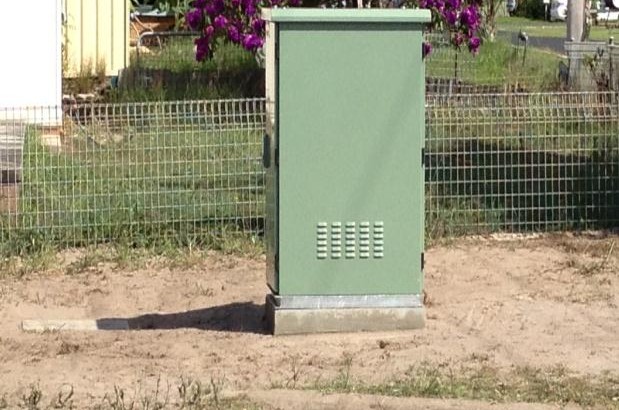But will lock you in for 12 months if the existing copper line isn’t up to scratch
The company responsible for building the National Broadband Network, nbn, will begin offering line remediation to business services unable to reach their committed speeds over the copper network.
Business level services delivered over Traffic Class 2 (TC-2) have a committed information rate (CIR) which effectively guarantees a connection’s transfer rate. Typical residential services are provisioned over Traffic Class 4, which has a peak information rate (PIR) describing the “up to” transfer rate achievable over the line.
The company is already offering TC-2 services over its FTTN and FTTB network with symmetrical transfer speeds of 5, 10 or 20 Mbps. However, according to the current Wholesale Broadband Agreement (WBA), the company is currently not committing to its Committed Information Rate — stating:
“the actual Information Rate experienced by Customer, Downstream Customer or the relevant End User, may each be significantly less than the downstream CIR and upstream CIR of the bandwidth profile ordered by Customer in respect of the relevant Ordered Product”
According to the revised WBA on its website, the company will enable customers to submit a trouble ticket to remediate the copper line. However, nbn will also require the end user to take up the service for at least 12 months or will have to pay an early disconnection or modification fee.

Increased FTTN performance objectives
nbn is also increasing its network availability operational target on the FTTN Network from 99.70% to 99.80%. The agreement states that “operational targets are non-binding and aspirational”.
The new wholesale broadband agreement will become effective in early December 2016.
